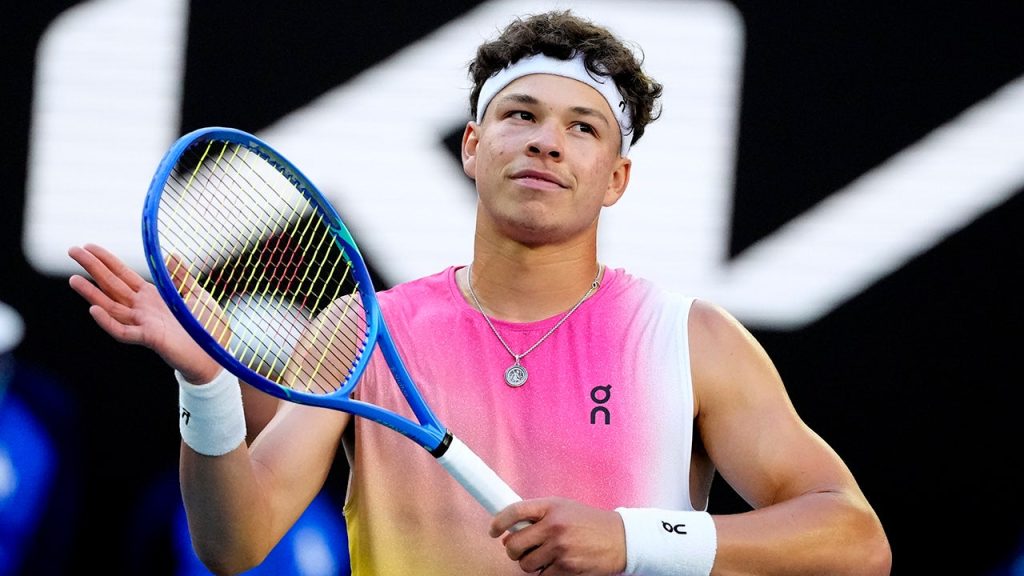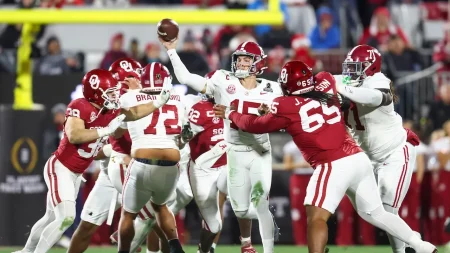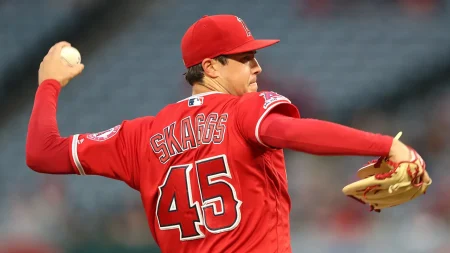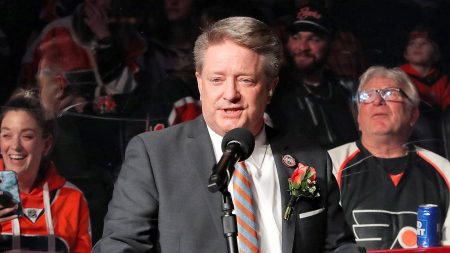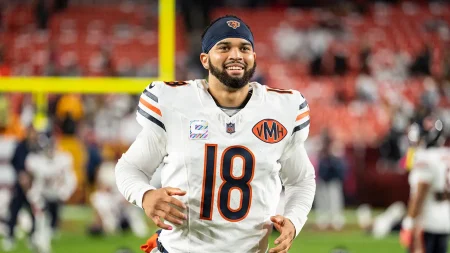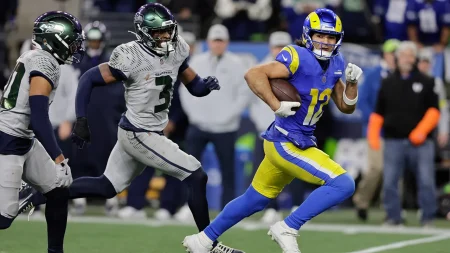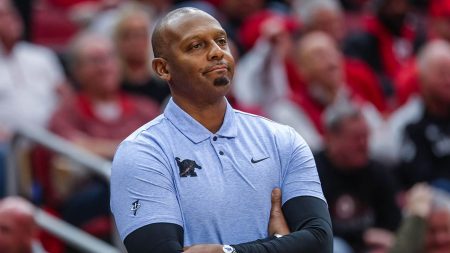Ben Shelton’s post-match press conference following his quarterfinal victory at the Australian Open took an unexpected turn, shifting the spotlight from his on-court triumph to a broader discussion on the conduct of tournament broadcasters. Shelton expressed his unease with what he perceived as a pattern of disrespectful and negative interactions between interviewers and players throughout the tournament. This concern, initially sparked by Novak Djokovic’s refusal to engage with a particular interviewer following disparaging remarks about him and his fans, resonated deeply with Shelton, who felt that the issue extended beyond isolated incidents.
Shelton cited specific examples to illustrate his point, beginning with his own post-match interview after defeating Gael Monfils. The interviewer, Roger Rasheed, had remarked that Monfils, significantly older than Shelton, was “almost your dad.” Shelton, perceiving the comment as potentially racially insensitive given both players’ shared background, questioned whether it was a “Black joke.” Rasheed’s response indicated uncertainty about the nature of his own remark, further highlighting the awkwardness of the exchange. This incident, coupled with other observed instances of perceived negativity towards players, led Shelton to believe that a larger pattern of unprofessionalism existed within the broadcasting team.
Another example cited by Shelton involved an interviewer predicting a lack of fan support for him in his upcoming semifinal match against Jannik Sinner. This comment, coming from someone Shelton had never met, struck him as disrespectful and unwarranted, particularly in the context of celebrating a significant victory. Shelton argued that broadcasters should play a supportive role in promoting the sport and allowing athletes to enjoy their accomplishments, rather than injecting negativity into the narrative. He emphasized that these moments of triumph on the biggest stage should be cherished and amplified, not undermined by insensitive remarks.
The controversy surrounding player interviews at the Australian Open gained momentum earlier in the tournament when Australian Channel 9 journalist Tony Jones publicly criticized Novak Djokovic, calling him “overrated” and “a has-been” while simultaneously mocking his fan base. Djokovic responded by refusing any further on-court interviews until a formal apology was issued. This incident brought the issue of media conduct to the forefront, with many echoing Shelton’s concerns about the need for greater respect and professionalism in player interactions.
Channel 9 subsequently released a statement apologizing for any offense caused by Jones’ comments, claiming that no harm was intended towards Djokovic or his fans. While the network expressed its intention to continue covering Djokovic’s tournament progress, the incident cast a shadow over the tournament’s media coverage and sparked debate about the role and responsibilities of broadcasters in covering major sporting events.
Ben Shelton’s willingness to speak out on this issue, echoing and amplifying Djokovic’s earlier protest, adds significant weight to the conversation about media conduct within the tennis world. His specific examples, combined with the broader context of Djokovic’s experience, paint a picture of a potentially problematic trend within the broadcasting environment. Shelton’s call for a more positive and supportive approach from interviewers, particularly during moments of peak achievement for athletes, resonates as a plea for greater respect and understanding within the sport. This incident highlights the importance of constructive dialogue between players, broadcasters, and tournament organizers to ensure that media interactions contribute to the growth and celebration of tennis, rather than detracting from it.



